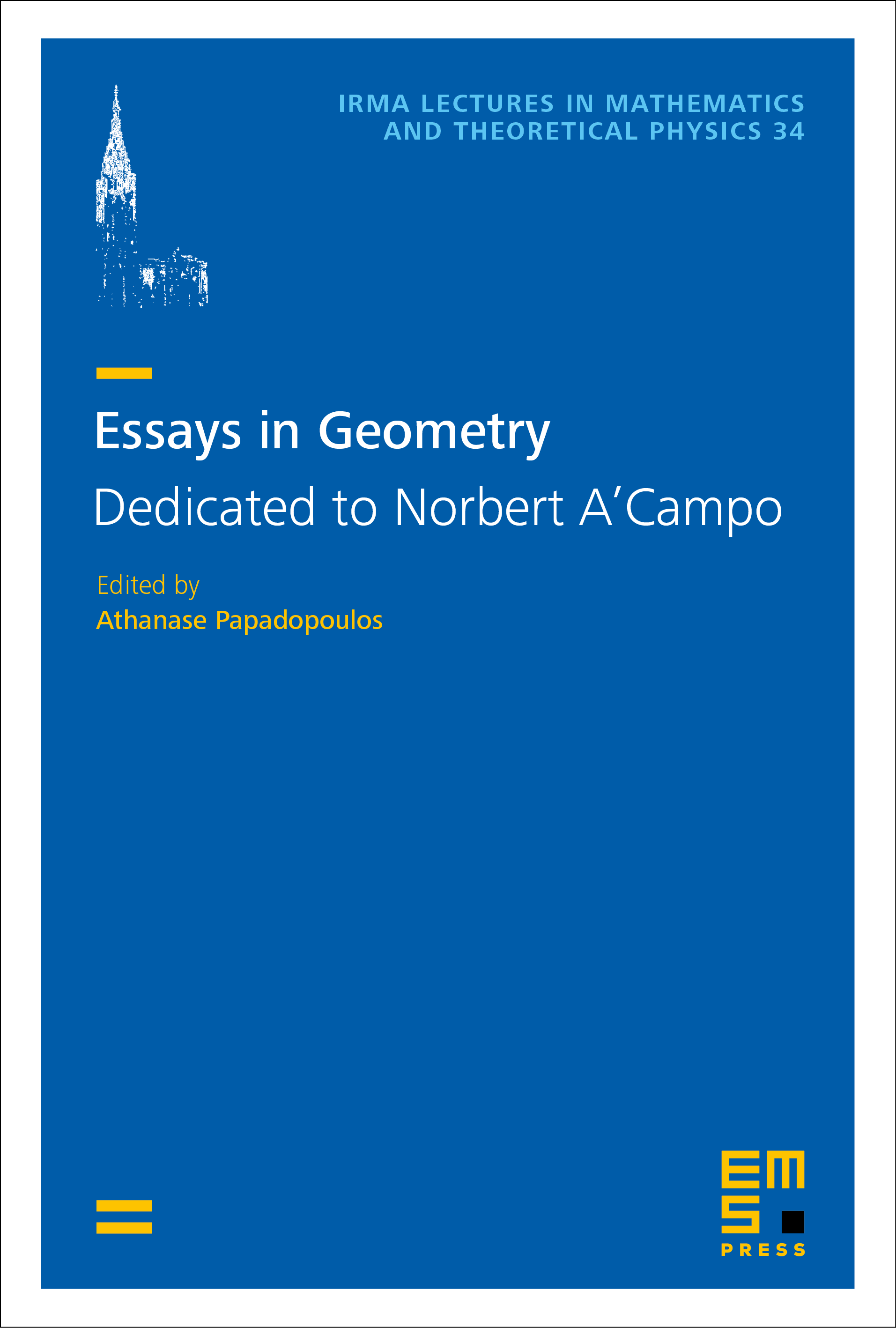Zeno’s arguments and paradoxes are 𝑛𝑜𝑡 𝑎𝑔𝑎𝒊𝑛𝑠𝑡 motion and multiplicity 𝑏𝑢𝑡 𝑓𝑜𝑟 the separation of true Beings from sensibles
Stelios Negrepontis
Athens University, Greece

A subscription is required to access this book chapter.
Abstract
Zeno's arguments and paradoxes, mentioned by Plato (mainly in the Parmenides), Aristotle (mainly in Physics) and the commentators Proclus and Simplicius, have fascinated and scandalized for centuries philosophers, mathematicians, logicians, physicists, poets, and everyone else. The dominant interpretation of these Arguments and Paradoxes, in modern times, based to a large extent on the related interpretation of the Parmenides introduction, that Zeno does not mean his true Beings to satisfy properties of the Compresence of Opposites type, such as Infinite & Finite, One & Many, Motion & Rest, has been that Zeno presents paradoxes against Motion and arguments against Multiplicity.
In this paper I propose a new interpretation of Zeno's arguments and paradoxes, based (a) on the ancient sources, which are in clear disagreement with the dominant interpretation, (b) on a reconstruction of the original Pythagorean proof of incommensurability by means of infinite anthyphairesis and Proposition X.2 of Euclid's Elements, a proof that served as the model for Zeno's arguments, and (c) on my interpretation of Plato's philosophy in terms of periodic anthyphairesis, which was heavily influenced by Zeno's arguments.
Thus Zeno's arguments aim to prove that true Beings are separate and different from the sensibles and Zeno's paradoxes of Motion aim to prove that the motion of true Beings is different from the motion of the sensibles.